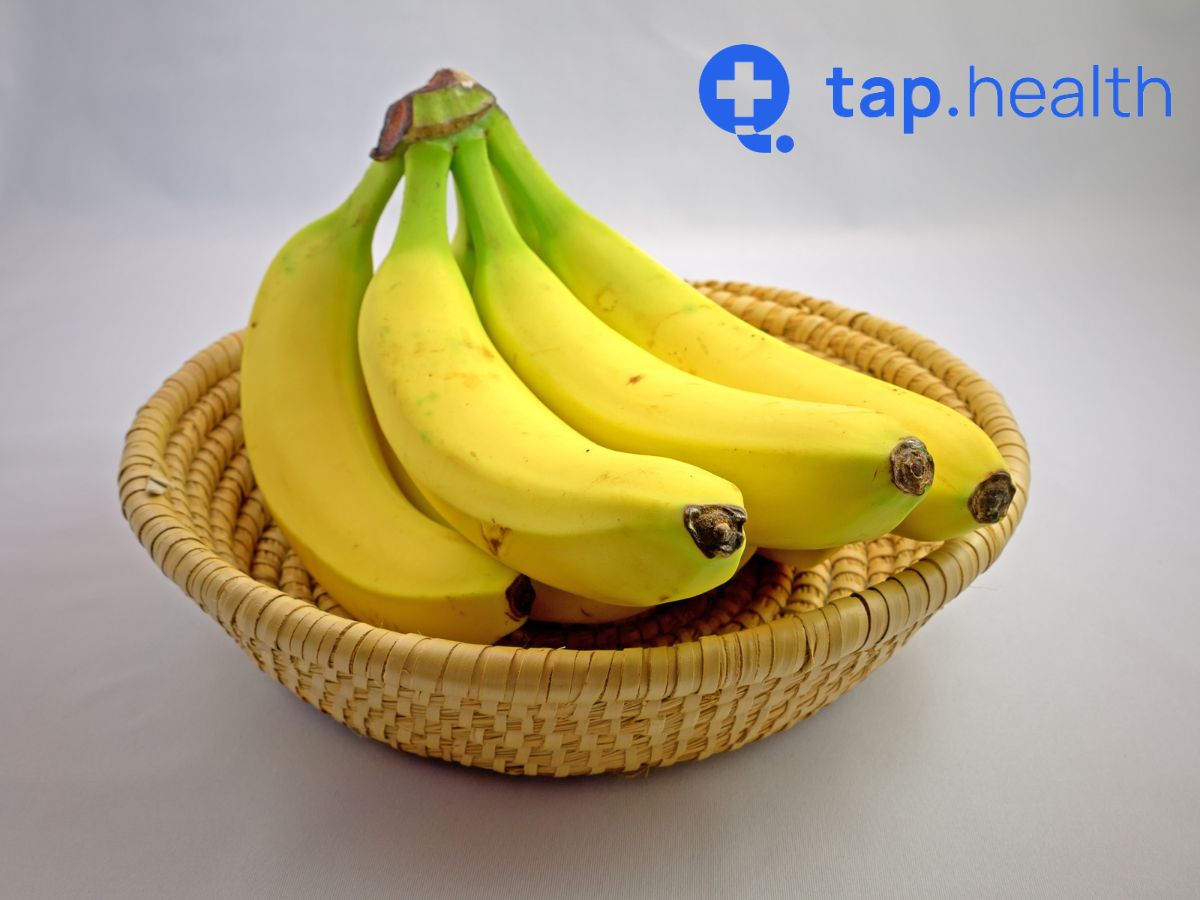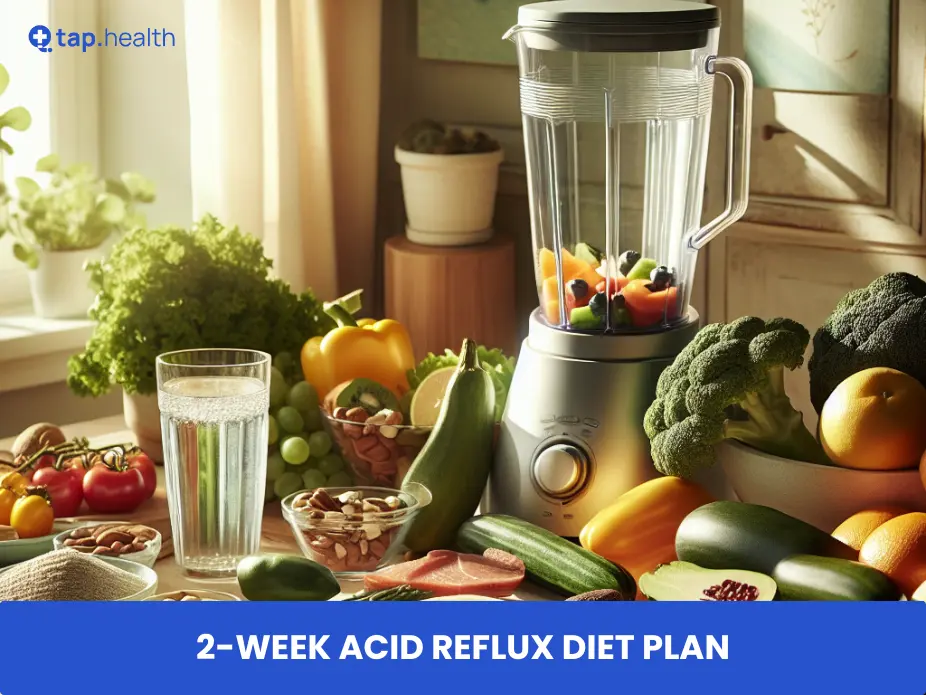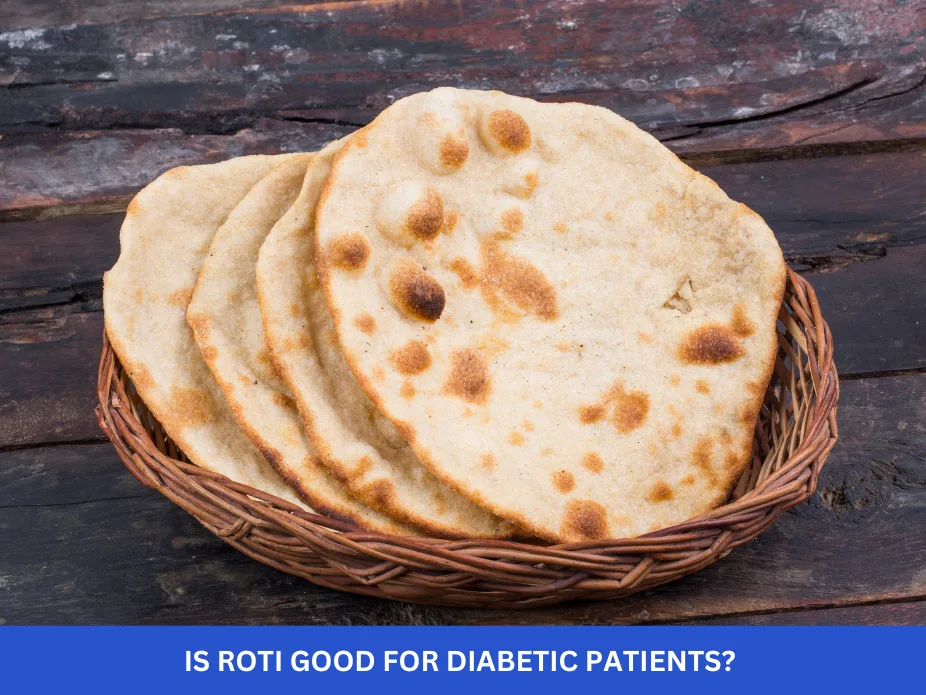Banana is a popular fruit that is enjoyed by people of all ages. However, if you have diabetes, you may have concerns about whether or not bananas are suitable for your diet. In this article, we will explore the nutritional value of bananas, their impact on blood sugar levels, and whether or not they are safe for people with diabetes. We will also provide some delicious banana recipes specifically tailored for individuals with diabetes. So let’s delve into the world of bananas and diabetes to find out the truth!
Nutritional Value of Banana
Before we discuss the suitability of bananas for diabetes, it is essential to understand their nutritional composition. Bananas are an excellent source of important nutrients that benefit overall health. A medium-sized banana contains approximately 105 calories, 27 grams of carbohydrates, 3 grams of fiber, and negligible fat. They are also rich in potassium, vitamin C, B6, and several other vitamins and minerals.
The high carbohydrate content in bananas may raise concerns among individuals with diabetes. However, it is important to note that the carbohydrates in bananas are predominantly in the form of natural sugars, including fructose and glucose, along with a decent amount of fiber. This natural sugar and fiber combination helps regulate blood sugar levels and provides a steady release of energy.
Furthermore, bananas are known for their prebiotic properties. Prebiotics are a type of fiber that serves as food for beneficial gut bacteria. The fiber in bananas, particularly resistant starch, escapes digestion in the small intestine and reaches the large intestine where it ferments. This fermentation process supports the growth of healthy gut bacteria, which can have a positive impact on digestion and overall gut health.
In addition to their nutritional benefits, bananas also contain antioxidants such as dopamine and catechins. These antioxidants help combat oxidative stress in the body, reducing the risk of chronic diseases and inflammation. Including bananas in your diet can contribute to your overall antioxidant intake and support your body’s defence against free radicals.
Glycemic Index of Bananas and its Impact on Blood Sugar Levels
One way to assess how a particular food affects blood sugar levels is by looking at its glycemic index (GI). The GI is a measure of how quickly a food raises blood sugar levels compared to a standard reference, typically pure glucose.
Bananas have a moderate GI, with a range of 42 to 62, depending on their ripeness. The ripeness of a banana affects its GI because as bananas ripen, the starch content converts into sugar, leading to a higher GI. Despite this, the overall impact of a banana on blood sugar levels is relatively low due to the presence of fiber, which slows down the digestion and absorption of carbohydrates.
Furthermore, the glycemic index of a food can also be influenced by its preparation method. For example, blending a banana into a smoothie may increase its GI compared to eating a whole banana. This is because blending breaks down the fiber structure, making it easier for the body to digest and absorb the carbohydrates, potentially causing a quicker spike in blood sugar levels.
It’s important to note that individual responses to the glycemic index can vary based on factors such as metabolism, overall diet, and physical activity levels. While the GI can be a useful tool in managing blood sugar levels, it is just one factor to consider when making dietary choices for overall health and well-being.
How Bananas Affect Blood Sugar?
When you consume a banana, the natural sugar it contains raises your blood sugar levels. However, the presence of fiber slows down the absorption of sugar into your bloodstream, preventing a rapid spike. This gradual release of sugar provides sustained energy and better blood sugar control.
If you are someone with diabetes, it is crucial to monitor your blood sugar levels after eating a banana to understand how your body personally responds. Some individuals may experience a significant increase in blood sugar levels, particularly if they consume a large quantity or have poorly controlled diabetes. However, for most people, a moderate consumption of bananas as part of a balanced diet is unlikely to cause drastic fluctuations in blood sugar levels.
Bananas are not only a great source of natural sugars and fiber but also provide essential nutrients such as vitamin C, potassium, and vitamin B6. Vitamin C is known for its antioxidant properties, which help protect cells from damage caused by free radicals. Potassium is crucial for maintaining healthy blood pressure levels and proper muscle function. Additionally, vitamin B6 plays a key role in brain development and function.
Research has shown that the ripeness of a banana can also impact its effect on blood sugar levels. Riper bananas with brown spots tend to have higher sugar content and a higher glycemic index, which means they may cause a more significant increase in blood sugar levels compared to less ripe bananas. Therefore, individuals looking to manage their blood sugar levels may opt for slightly greener, less ripe bananas to minimize the impact on blood sugar.
Are Bananas Safe for People with Diabetes?
The good news is that, in general, bananas are safe for people with diabetes to consume. As mentioned earlier, the fiber content in bananas helps regulate blood sugar levels by preventing rapid spikes. Additionally, bananas provide several essential nutrients that can be beneficial for individuals with diabetes, including potassium, which helps maintain healthy blood pressure levels.
However, it is important to keep in mind that portion control is key. While bananas are a nutritious fruit option, consuming them in excess can lead to an increase in total calorie and carbohydrate intake, which may impact blood sugar control. Including a balanced variety of fruits and vegetables in your diet and working with a healthcare professional or registered dietitian can help you determine the appropriate portion sizes of bananas within your meal plan.
Moreover, bananas are a versatile fruit that can be enjoyed in various ways. They can be sliced and added to oatmeal or yogurt for a nutritious breakfast, blended into smoothies for a refreshing snack, or even baked into delicious banana bread for a tasty treat. The natural sweetness of bananas makes them a popular ingredient in healthy dessert recipes as well.
Another interesting fact about bananas is that they contain antioxidants, such as dopamine and catechins, which have been linked to various health benefits, including improved heart health and reduced inflammation. These antioxidants play a role in protecting cells from damage caused by free radicals in the body.
How Many Bananas Can a Diabetic Eat a Day?
The number of bananas a person with diabetes can consume in a day depends on various factors, including their carbohydrate tolerance, overall diet, and blood sugar management goals. As a guideline, most individuals with diabetes can enjoy one small to medium-sized banana per day without adversely affecting their blood sugar levels.
It is important to note that everyone’s body responds differently to food, and what works for one person may not work for another. Monitoring your blood sugar levels and consulting with a healthcare professional or registered dietitian can provide personalized guidance on the amount of bananas that can fit into your overall meal plan.
Bananas are a popular fruit choice for many due to their convenience, portability, and natural sweetness. They are a good source of essential nutrients such as potassium, vitamin C, and fiber. Potassium is important for maintaining healthy blood pressure levels, while vitamin C is a powerful antioxidant that supports the immune system. The fiber content in bananas can aid in digestion and help promote feelings of fullness, which may be beneficial for individuals with diabetes in managing their weight and blood sugar levels.
Does Banana Raise Blood Sugar Quickly?
While bananas do contain natural sugars, they are not known for causing rapid spikes in blood sugar levels. Due to their fiber content and low to moderate GI, the digestion and absorption of the sugar in bananas are relatively slower compared to high-GI foods.
However, individual responses can vary, and factors such as the ripeness of the banana and individual carbohydrate tolerance can influence the rate at which blood sugar levels may rise. It is always recommended to monitor your blood sugar levels and work with a healthcare professional or registered dietitian to determine the best food choices for your individual needs.
Additionally, bananas are not only a good source of natural sugars but also provide essential nutrients such as potassium, vitamin C, and vitamin B6. Potassium is crucial for maintaining healthy blood pressure levels and proper muscle function. Vitamin C is an antioxidant that helps boost the immune system and promotes healthy skin. Vitamin B6 plays a role in brain development and function.
When choosing bananas, opt for ones that are ripe but not overly so. Ripe bananas have higher sugar content and are easier to digest. If you are concerned about the impact of bananas on your blood sugar levels, consider pairing them with a source of protein or healthy fat to help slow down the absorption of sugars. Remember, moderation and balance are key when it comes to managing blood sugar levels and overall health.
Banana Recipes for People with Diabetes
Now that we’ve established that bananas can fit into a diabetes-friendly meal plan, let’s explore some delicious and healthy banana recipes that you can enjoy:
1. Banana Smoothie
Blend a banana with unsweetened almond milk, a tablespoon of nut butter, and a sprinkle of cinnamon for a creamy and nutritious smoothie.
2. Yogurt Parfait
Layer sliced bananas with plain Greek yogurt and a handful of nuts or granola for a satisfying and protein-packed breakfast or snack.
3. Banana-Oat Pancakes
Mash a ripe banana and mix it with oats, almond milk, and a dash of cinnamon to create a delicious and fiber-rich pancake batter. Cook the pancakes on a non-stick pan and serve with a dollop of Greek yogurt and fresh berries.
4. Banana Chia Pudding
Combine mashed banana, chia seeds, and unsweetened almond milk. Let it sit overnight in the refrigerator for a creamy and nutritious chia pudding that can be topped with berries or nuts for added texture and flavor.
Adding bananas to your diet can provide a variety of health benefits beyond just managing diabetes. Bananas are rich in essential nutrients such as potassium, vitamin C, and vitamin B6. Potassium is crucial for maintaining healthy blood pressure levels and heart function. Vitamin C is an antioxidant that helps boost your immune system and promote healthy skin. Vitamin B6 plays a key role in brain development and function.
Furthermore, bananas are a convenient and versatile fruit that can be incorporated into many dishes. You can use mashed bananas as a natural sweetener in baked goods like muffins and bread. Sliced bananas can be added to oatmeal, cereal, or salads for a touch of natural sweetness and extra fiber. Frozen bananas can be blended into a creamy and dairy-free alternative to ice cream, perfect for a guilt-free dessert option.
FAQs on Is Banana Good For Diabetes?
1: Can I eat a banana if I have diabetes?
A: Yes, most individuals with diabetes can enjoy a moderate amount of banana as part of a balanced diet. However, portion control is important, and it is best to work with a healthcare professional or registered dietitian to determine the appropriate portion size for your individual needs.
2: Are green or unripe bananas better for diabetes?
A: Green or unripe bananas are lower in sugar and higher in resistant starch, which is a type of carbohydrate that takes longer to digest. As a result, they have a lower impact on blood sugar levels compared to ripe bananas. Including both ripe and unripe bananas in your diet can provide a variety of nutrients.
3: Are there any risks associated with eating bananas for people with diabetes?
A: The main risks associated with consuming bananas for people with diabetes are related to portion sizes and overall carbohydrate intake. Eating too many bananas or consuming them alongside large carbohydrate-rich meals can lead to higher blood sugar levels. Working with a healthcare professional or registered dietitian can help you determine appropriate portion sizes and incorporate bananas into a well-balanced meal plan.



